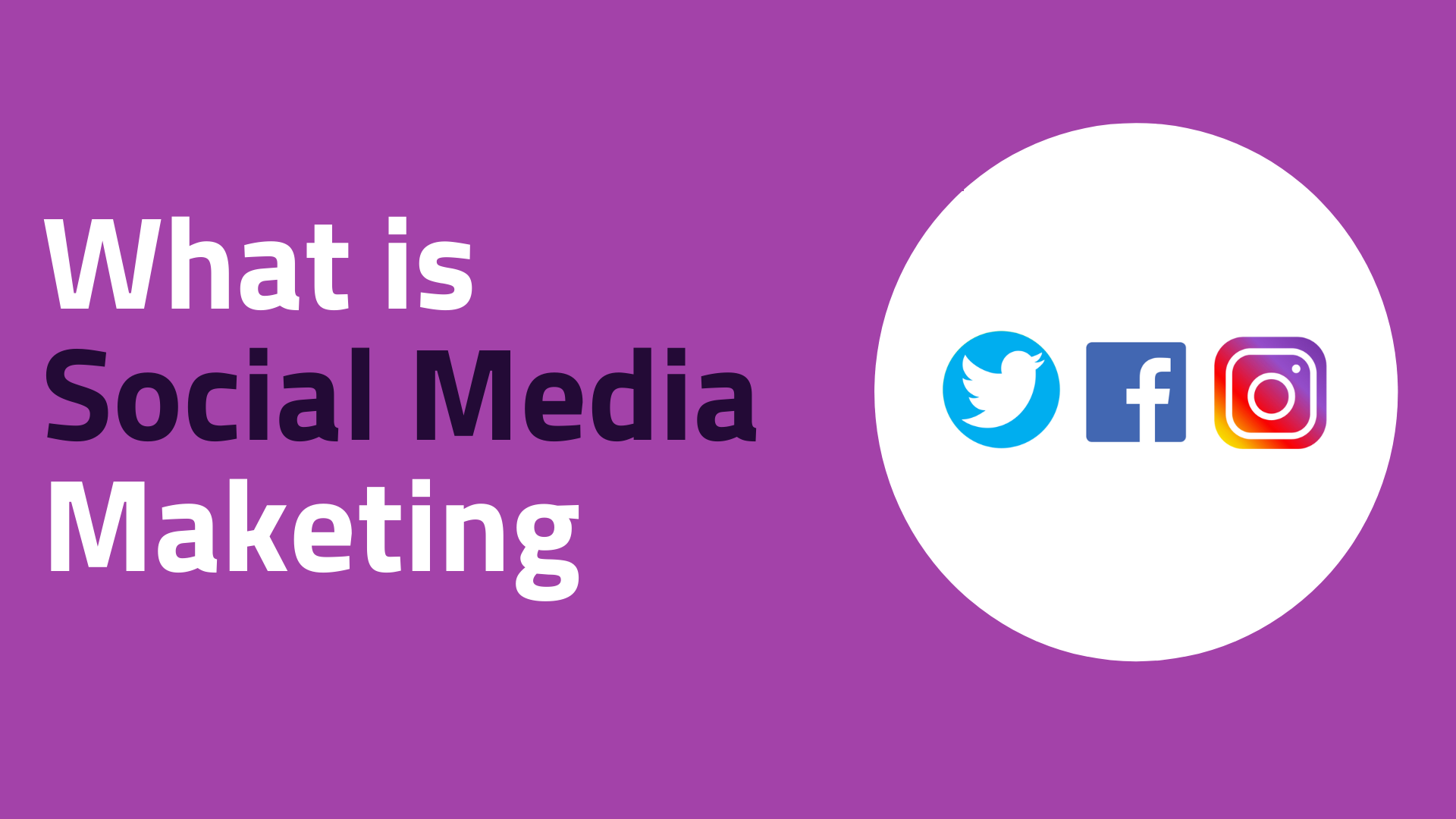
What is Social Media Marketing
Posted onSocial media marketing is the use of social media platforms to build your brand, increase sales, and drive traffic to your website or store. In order to achieve this, it is crucial to post great content on your social media profiles, listen to and engage with your followers, and run social media advertisements.
Publishing was the first step in social media marketing. Boosting business traffic and sales by sharing content on social media. But social media is more than just a broadcasting platform.
Social media is used by businesses in many ways today. If a company is concerned about its brand's reputation, it would monitor social media activity and respond to mentions (listening and engaging on social media). With an analytics tool (social media analytics), a business can determine where its reach, engagement, or sales are on social media. Businesses that want to target a specific audience would run highly targeted social media ads (social media advertising).
Social Media Marketing: The Five Pillars
1. Strategy
Let's take a step back and consider the bigger picture before you publish something on social media. The first step is to determine your social media strategy.
What is your goal?
What are the ways in which social media can help your business? While some businesses use social media to increase brand awareness, others use it to drive website traffic and sales. Also, social media can be used to create a brand community, create a way for customers to interact with you, and serve as a customer support channel.
What social media platforms do you want to focus on?
Social media platforms include Facebook, Instagram, Twitter, LinkedIn, Pinterest, YouTube, and Snapchat. There are also smaller and up-and-coming platforms, such as Tumblr, Tik Tok, and Anchor, and social messaging platforms, such as Messenger, WhatsApp, and WeChat. When starting out, it’s better to pick a few platforms that you think your target audience is on than to be on all platforms.
What type of content do you want to share?
What type of content will attract your target audience? Image, video, or link? What kind of content are you providing? You can begin by creating a marketing persona, which will help you answer these questions. In addition, adjusting your strategy for social media posts isn't a permanent commitment; you can always change it once new data becomes available.
2. Planning and Publishing
Social media marketing for small businesses usually starts with having a consistent presence on social media. Close to three billion people (3,000,000,000!) use social media. By being present on social media platforms, you give your brand an opportunity to be discovered by your future customers.
Publishing to social media is as simple as sharing a blog post, an image, or a video on a social media platform. It’s just like how you would share on your personal Facebook profile. But you will want to plan your content ahead of time instead of creating and publishing content spontaneously. Also, to ensure that you are maximizing your reach on social media, you need to publish great content that your audience likes, at the right timing and frequency.
3. Listening and Engagement
With the growth of your business and social media following, conversations about your brand will also grow. On social media, you will receive comments, likes, and tags. You may also get direct messages.
Your brand might even be discussed on social media without your knowledge. Therefore, you should monitor social media conversations about your brand. If it's a positive comment, you get the chance to surprise and delight them. By offering support, you can prevent a problem from getting worse.
The manual approach is not efficient and you will not see posts that did not mention your business' social media profile. Alternatively, you can use a social media listening and engagement tool that will aggregate all your social media mentions and messages, including those that do not tag your business's social media account.
4. Analytics
You should also keep an eye on the performance of your social media marketing, whether you are publishing content or engaging on social media. Has your social media reach increased since last month? How many positive mentions do you receive each month? What percentage of social media posts used your brand's hashtag?
Such information is available on social media platforms. You can use a wide range of social media analytics tools, to get more in-depth analytics or to compare across social media platforms.
5. Advertising
You can consider social media advertising when you have more funds to expand your social media marketing. You can reach a wider audience with social media ads compared to those who follow you.
Today, social media advertising platforms are so powerful that you can specify exactly where your ads will be displayed. The demographics, interests, behaviors, and other characteristics of target audiences can be used to create them.
If you are running several social media advertising campaigns at once, you may want to consider using a social media advertising tool to make bulk changes, automate processes, and optimize your ads.
The Best Social Media Platforms for Marketing
Using social media for marketing requires an understanding of its unique requirements for each platform. Social media marketing sites require different approaches, so develop a unique strategy for each.
Social media marketing with Facebook
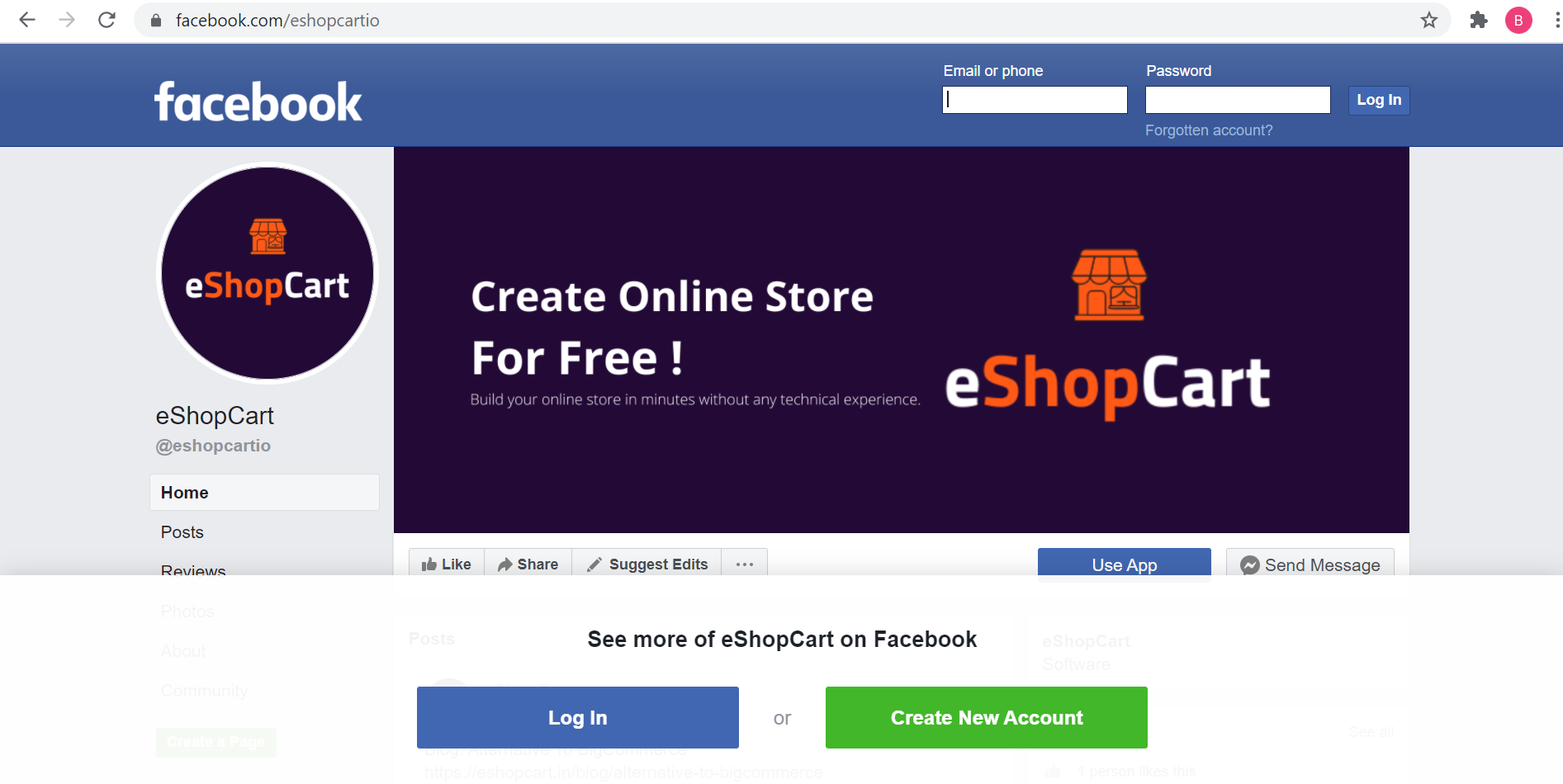
In order to market effectively on Facebook, you need a social media strategy that reflects its casual, friendly environment. Get started by creating a Facebook Business Page. The Facebook experience is largely reliant upon the visual component, so you should give I careful attention to layout.
You want to keep your tone light and friendly on Facebook since people use it to relax and chat. Remember that organic reach on Facebook can be extremely limited, so consider a cost-effective Facebook ad strategy, which can have a big impact on your organic presence on Facebook!
Social media marketing with Instagram
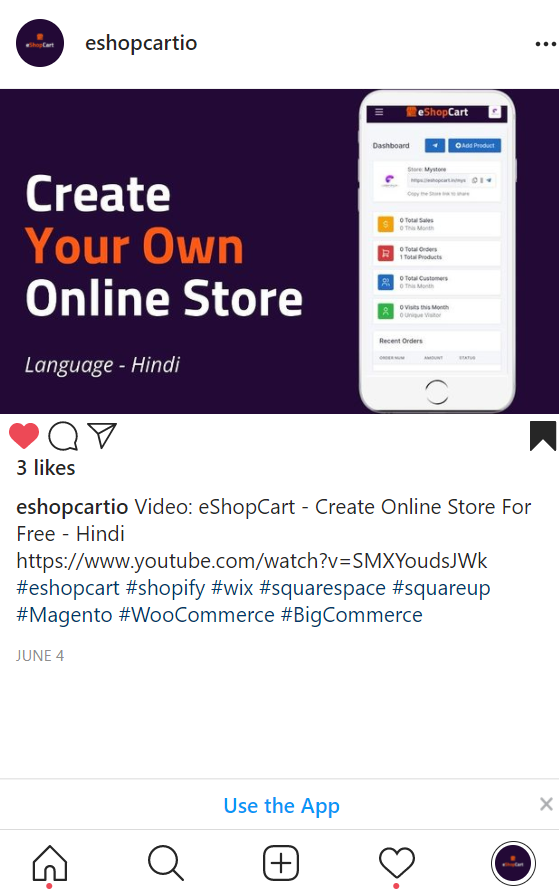
Instagram is one of the fastest growing trends in social media marketing. In addition to uses for social media and sales-driving ads, Instagram's image-based platform is perfect for retailers.
By creating eye-catching, unique insta stories, businesses can showcase their product offerings and develop brand personality.
Social media marketing with Twitter
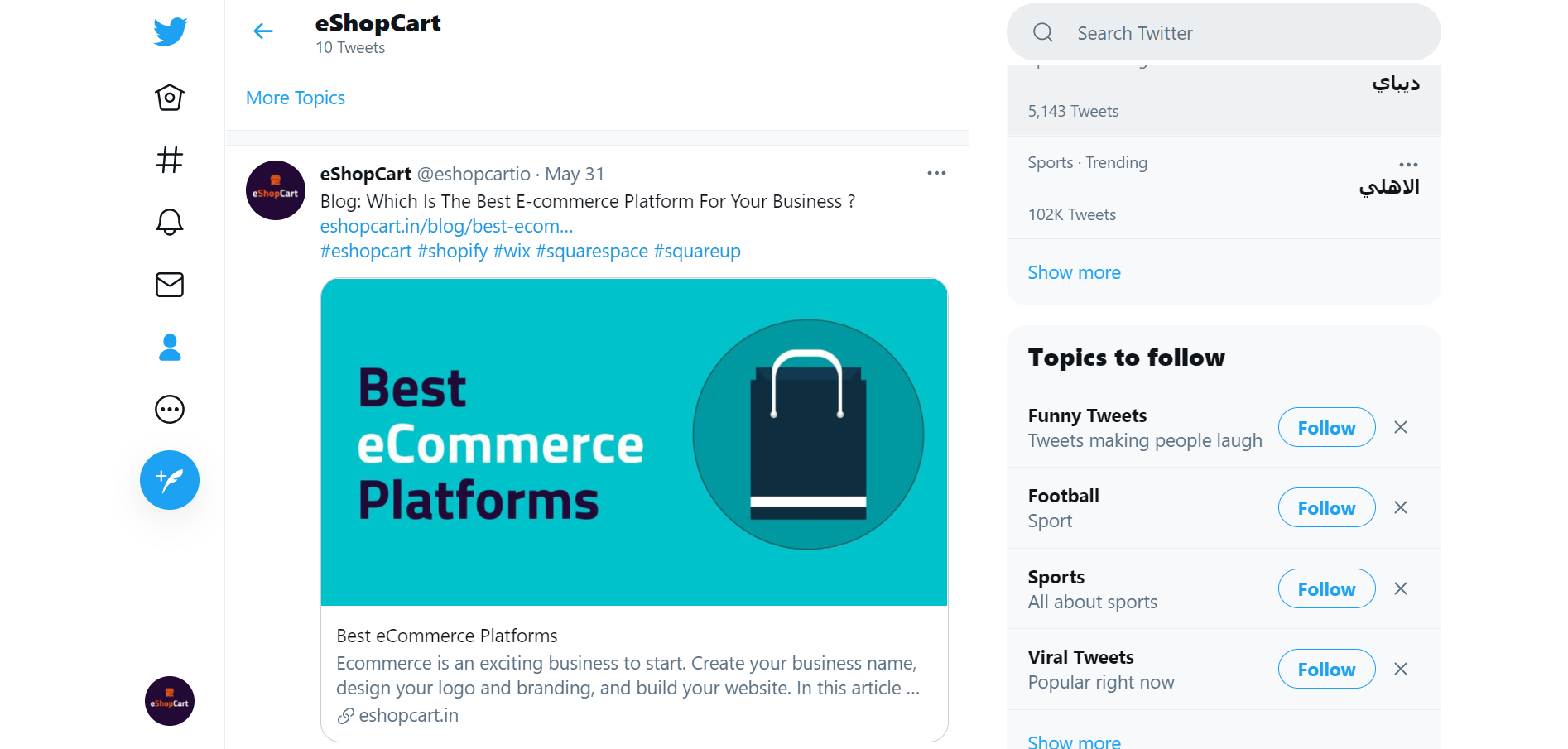
Twitter is a social media marketing tool that lets you share updates across the web. If you follow people in your industry or related fields, you will gain a steady stream of followers.
Your official tweets about specials, discounts, and news should be mixed with fun, brand-building tweets. Retweet when a customer says something nice about you, and don't forget to answer questions when you can. Using Twitter as a social media marketing tool revolves around dialog and communication, so be sure to interact as much as you can to cultivate and build your following.
Social media marketing with YouTube
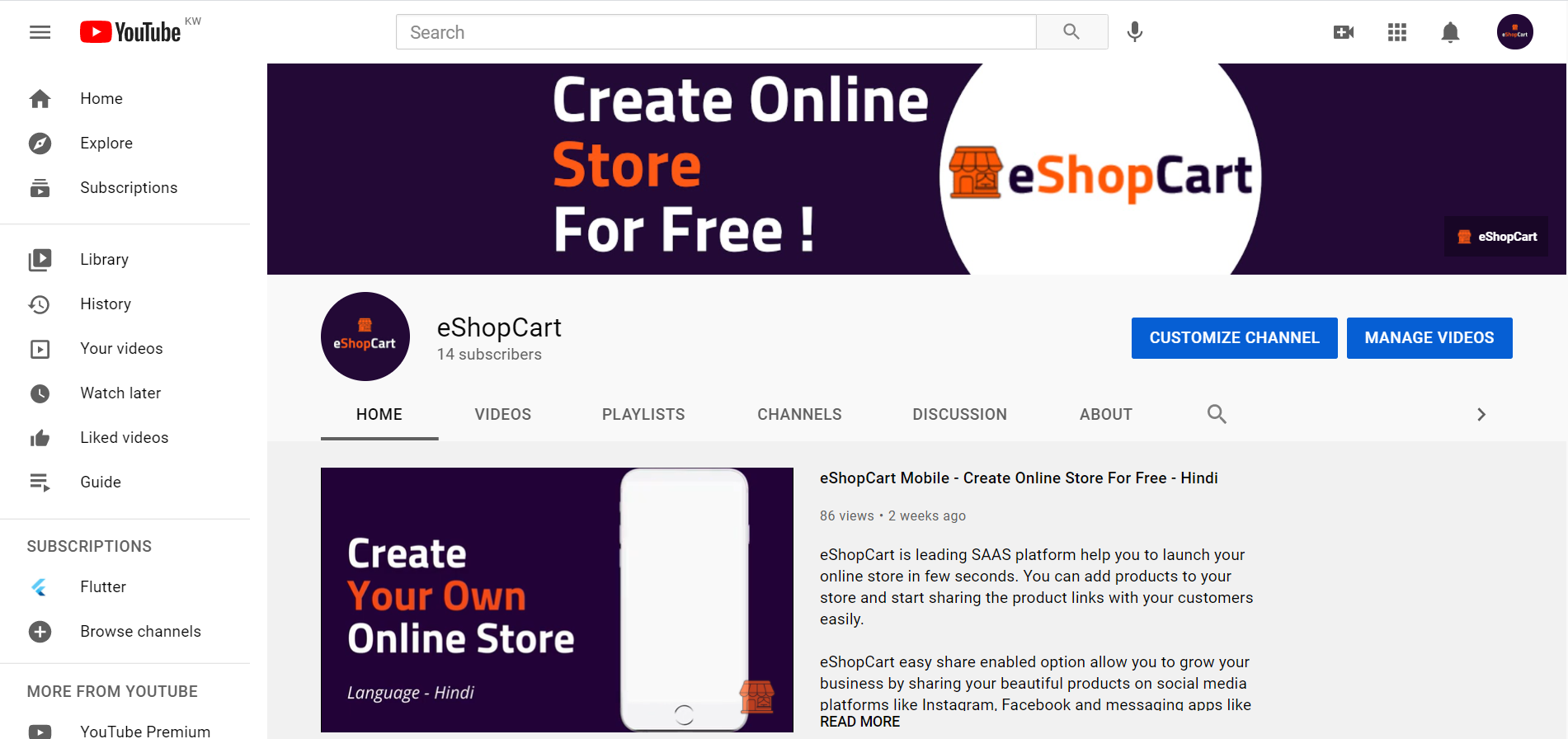
The number one place for creating and sharing video content is YouTube, and it can also be an extremely effective social media marketing tool. Most businesses try to create videos with the aim of having them go viral, but in reality, those chances are very slim. Focus instead on creating useful, instructive "how-to" videos. How-to videos can also appear in the video search results of Google, so don't underestimate the power of video content!